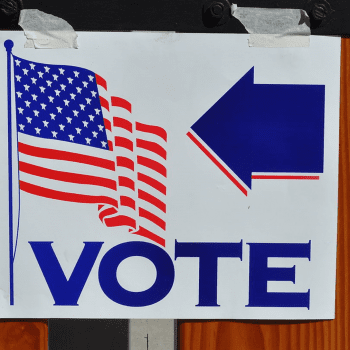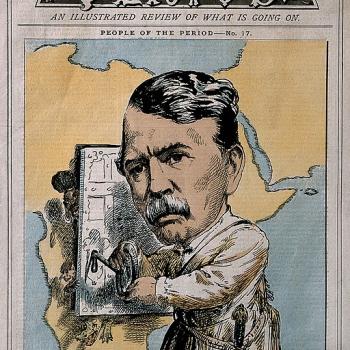Now Featured at the Patheos Book Club
My Peace I Give You
Healing Sexual Wounds the Help of the Saints
By Dawn Eden
Book Excerpt: Introduction
This book has been on my heart for a long time. It comes from the desire to bring the joy of communion to those living with the spiritually isolating effects of childhood sexual abuse.
Through the communion I have discovered, which is the Communion of Saints, my spirit has been transformed and continues to be transformed—gaining healing, strength, and comfort beyond what I ever thought possible. I pray that the following stories of saints' personal sufferings and triumphs will guide you to this same experience of joyful transformation in Christ.
But perhaps you are wondering what the saints could possibly have to do with healing from childhood wounds, especially those wounds that are most hurtful and least talked about. Explaining that connection requires me to revisit a time when my life did not have so much light.
***
I can still remember the first time I ever read a verse of the Gospel—perhaps because of the novelty of seeing something from the "other" Bible (my family was Jewish), but most likely because it made me cry.
The verse appeared at the end of Hans Christian Andersen's fairy tale "The Snow Queen," after Gerda's innocent love rescues Kai from the Snow Queen's icy clutches. The girl and boy joyfully return to Grandmother's home, just as Grandmother is reading Jesus' words in Matthew 18:3: "Unless you turn and become like children, you will never enter the kingdom of heaven.
Reading those words filled me with an inexpressible feeling of longing, mingled with loss. I wanted with all my heart to be a joyful, innocent child. Instead, I felt as though my childhood had already vanished into thin air. It had disappeared before I had even realized it existed.
I kept looking at the page, but my gaze lost its focus as I became absorbed in thought. My throat contracted, and tears welled up. How could this be? Here I was, weeping inconsolably for my lost childhood—and I was only seven years old.
Now I know. The tears came because, even at that young age, I had suffered sexual abuse. What's more, for the previous two years, since my parents had split up and my mother gained custody, I had been living in an environment I would now consider to be sexually porous. I don't recall any clear boundaries; I was not well shielded from adults' nudity, substance abuse, dirty jokes, sex talk, and swearing.
Like many victims of sexual abuse, I identify with the words of the messenger in Job 1:15: "I alone have escaped to tell you." As far as I know, there is no other living person who admits to witnessing the evils that were done to me. Certainly, my mother recalls things very differently than I do. When I told her of the incidents I planned to relate in this book, she denied several of them, including that her home was a "sexually porous environment" during my childhood.
Placing myself back in the mind of that little girl who loved Andersen's fairy tales, I realize that, as dazzling as those stories were to my young imagination, nothing in them seemed more wondrous—or more out of reach—than the pure and uncomplicated childhood of Gerda and Kai, surrounded by the love of their grandmother and the love of God.
***
By the time I was thirty-one, when I received the gift of faith in Christ, I understood more clearly how the Lord's words in Matthew's gospel referred to spiritual and not literal childhood. A few years after that, as my faith drew me into the Catholic Church, I discovered that the Catechism links this spiritual childhood with being "born from above" (Jn 3:7)—the new life of grace that begins with baptism.
Learning about the ongoing aid that grace provides in the moral life was encouraging, helping me be patient with myself as I began to "walk the walk" of a faithful Christian. As time went by, however, my initial confidence began to erode. My greatest desire was to have the blessing Jesus promises to the "pure in heart, . . . for they shall see God" (Mt 5:8). Yet, even when I was doing everything I could to live in purity, I was unable to feel pure. I felt stained—because of what adults had done to me, or had bid me do, when I was a helpless child.
On an intellectual level, I knew there was nothing for me to be ashamed of. No child is responsible for what an adult does to her, or induces her to do. The sin of abuse belongs to the abusers, not their victims. Children depend on adults and have to trust them in order to survive. It is adults' responsibility to show children what is good, and it is in children's very nature to accept what adults call "good" as being truly good. One cannot speak of "consent" in such an unequal relationship.




